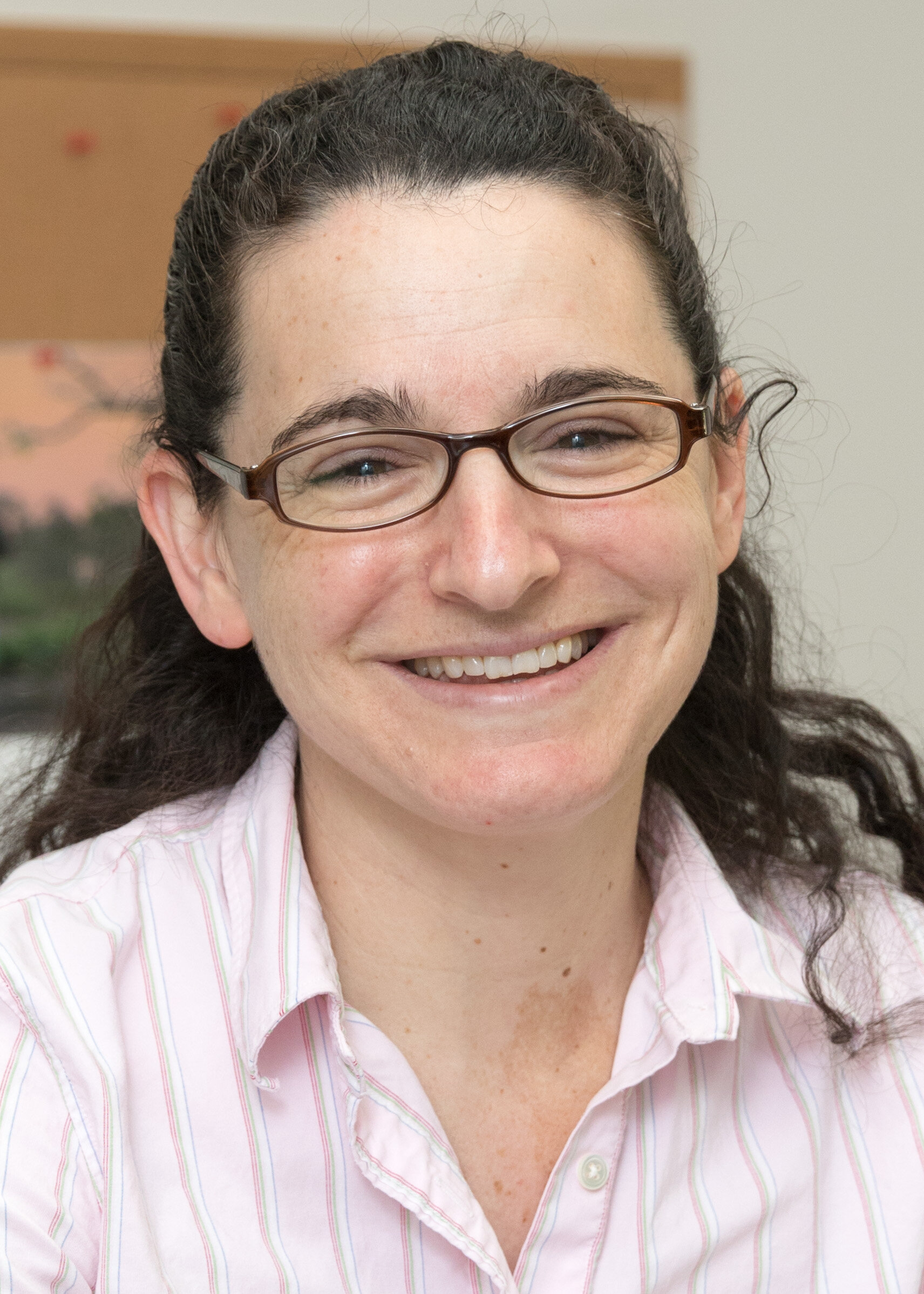MEET OUR MENTORS
Click on the names below to read about RIC’s Mentor Cohort in the 2020-2021 Year!
Dr. Bocar Ba
Assistant Professor
University of California, Irvine
Dr. Britta Augsburg
Associate Director
Institute for Fiscal Studies
Dr. Christopher Neilson
Assistant Professor
Princeton University
Dr. Claudia Sahm
Founder
Stay-at-Home Macro (SAHM) Consulting
Dr. Edward C. Norton
Professor
University of Michigan
Dr. Guanyi Yang
Assistant Professor
St. Lawrence University
Dr. Ian McCarthy
Associate Professor
Emory University
Dr. James Habyarimana
Associate Professor
Georgetown University
Dr. Johannes Haushofer
Assistant Professor
Stockholm University
Dr. Laura Schechter
Professor
University of Wisconsin-Madison
Dr. Kate Vyborny
Associate Director
DevLab, Duke University
Dr. Martin Gaynor
Professor
Carnegie Mellon University
Dr. Mina Kim
Research Economist
Bureau of Labor Statistics
Dr. Nathan Nunn
Professor
Harvard University
Dr. Nick Tsivanidis
Assistant Professor
UC Berkeley
Dr. Nishith Prakash
Associate Professor
University of Connecticut
Dr. Owen Ozier
Associate Professor
Williams College
Dr. Paul Goldsmith-Pinkham
Assistant Professor
Yale School of Management
Dr. Priya Mukherjee
Assistant Professor
University of Wisconsin-Madison
Dr. Rajeev Darolia
Professor
University of Kentucky
Dr. Renard Sexton
Assistant Professor
Emory University
Dr. Robert Garlick
Assistant Professor
Duke University
Dr. Rocco Macchiavello
Associate Professor
London School of Economics
Dr. Sandile Hlatshwayo
Economist
International Monetary Fund
Dr. Sandra Sequeira
Associate Professor
London School of Economics
Dr. Sarah Jacobson
Associate Professor
Williams College
Dr. Tavneet Suri
Professor
MIT Sloan School of Management
Dr. Sebastian Tello-Trillo
Assistant Professor
University of Virginia



































